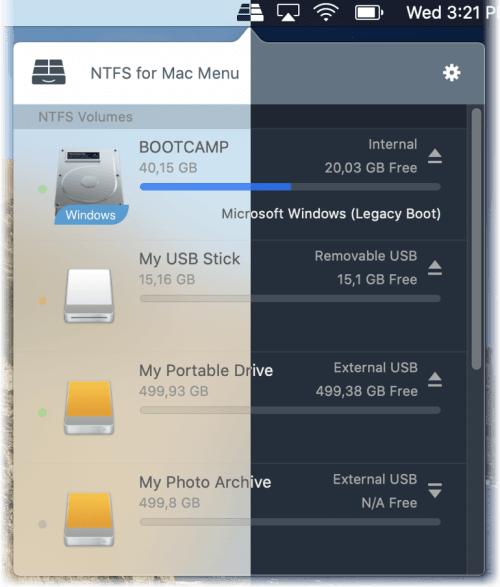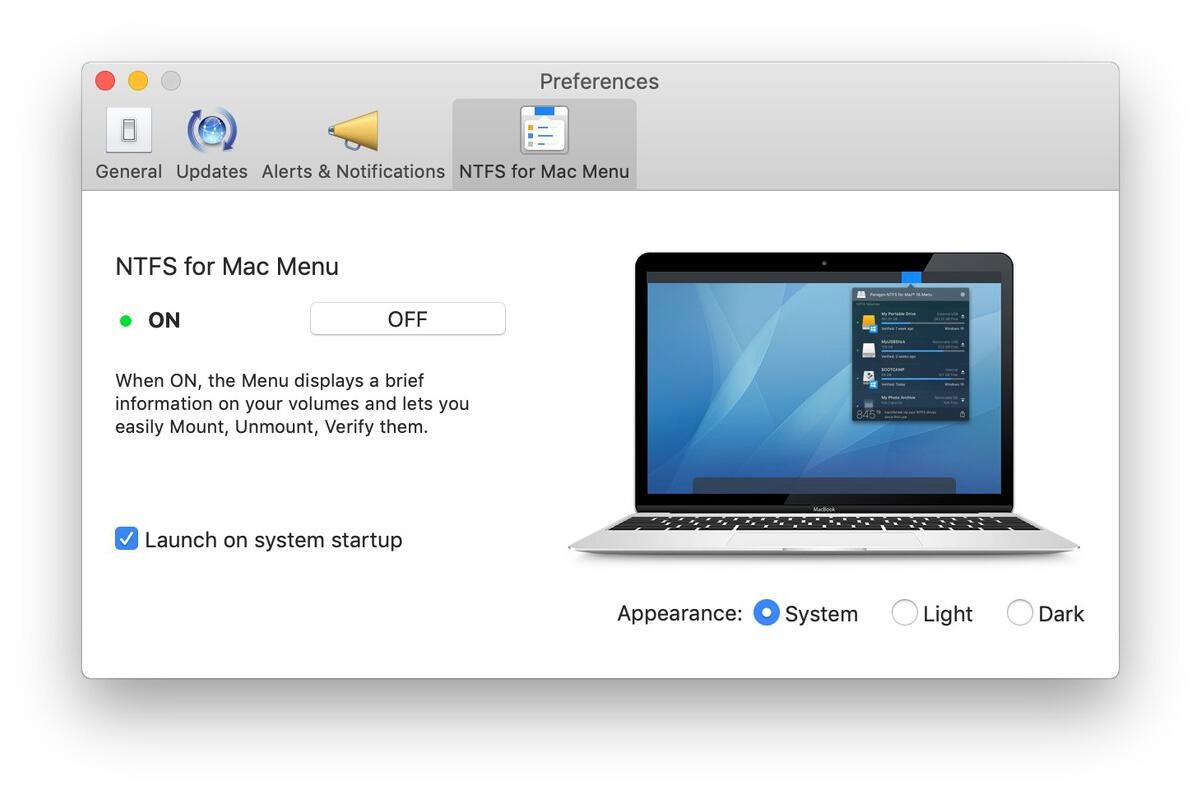When files become read-only suddenly on a Mac, it probably results from incompatible NTFS file system. To solve the read-only NTFS drive issue, you can use command lines to force macOS to write to NTFS drives, install an NTFS mounter, or format the NTFS disk. Free download Paragon NTFS for Mac Catalina full version, crack, keygen, torrent, serial number, activation key, license key to write NTFS drive on Mac. How to fix Seagate external hard drive read-only on Mac?
NTFS is the proprietary file system by Microsoft and the default file systemforinternal hard disk on Windows desktops and laptops.Windows computers still take the most market share of personal computers, so many hard drive manufacturers initialize their disks with Windows NTFS drives.
However, people who are not familiar with file system may not know that NTFS is not fully supported in macOS. When they try to use their newly bought external hard drive on a Mac computer, only to find that the drive is read-only. That is to say, you can’t write to any data to the disk such as saving files, renaming files, deleting files or editing files.
What can you do to solve the NTFS drive read only on Mac problem? Find the answer in the article.
How to make read-only NTFS writable?
There are three ways to use NTFS drives on Mac with full read and write access:
- Enable native NTFS write support in macOS
- Install NTFS for Mac software
- Format the external NTFS drive
Method 1: Enable native NTFS write support in macOS
The native NTFS write support is disabled by default because the ability is experimental and many people reported file or disk corruption. The detailed steps can be found below but the attempt is at your own risk.

Step 1: Open Terminal.
Step 2: Type in the command sudonano /etc/fstab and hit Enter.
Step 3: Type in the login Password (no password will show up during typing) and hit Enter.
Step 4: Type in LABEL=DISK_NAME none ntfsrw, auto,nobrowse for each disk you connect to the Mac and hit Enter. Remember to replace the DISK_NAME with the name of your disk.
Paragon Ntfs Read Only
Step 5: Press Control + X to finishing editing.
Step 6: Eject the NTFS drive safely and reattach it back to the Mac.
Step 7: Click Go at the top menu bar on the desktop and choose Go to Folder.
Step 8: Type in /Volumes and click Go.
Step 9: Find the NTFS disk and drag it to the sidebar of the Finder.
Step 10: Read and write to the NTFS drive.
When you input the command lines, be careful with the capital letters and the space in the command lines. The best practice is to copy and paste the command line to he Terminal or watch a video tutorial. If you need to disable the NTFS write support, you need to delete the command line in step 4 and hit Enter to save the deletion.
Method 2: Install NTFS for Mac software
Installing an NTFS driver is much easier than enabling the native macOS NTFS write support. After the installation, the driver will mount the Microsoft NTFS disk in read-write mode automatically. Among all best free NTFS for Mac software, Mounty for NTFS is recommended.
The installation and use of Mounty for NTFS is very simple and easy. You just need to follow the onscreen instructions. The software will be added to the menu bar, so you won’t be noticing its existence when you are using the NTFS disk on Mac.
If you look for NTFS drivers with better security and faster speed, commercial drivers are good options too. For a lifetime use, a paid driver costs less than 20 dollars.
Method 3: Format the NTFS drives
People who owns an NTFS drive with a lot of important files won’t like this method. For instance, if you have a 4TB external hard drive with 2TB data on it. First of all, you will need another storage device with at least 2TB capacity to back up all files. Then it may take you an hour in total to back up, format and move files back to the drive.
However, if you have a brand-new NTFS-formatted NTFS disk or you don’t worry about data loss, formatting the disk is the right option.
Here is how to format a disk on Mac:
Step 1: Open Disk Utility. If you don’t know where Disk Utility is, use the magnifying icon at the top right corner of your desktop to search for it.
Step 2: Select the NTFS drive or the NTFS volume from the left sidebar.
Paragon Ntfs For Mac Version
Step 3: Click Erase.
Step 4: Give it a name and choose exFAT or FAT as the file system because they are both universal file systems for PC and Mac.
Step 5: Click Erase to confirm.
Conclusion

When files become read-only suddenly on a Mac, it probably results from incompatible NTFS file system. To solve the read-only NTFS drive issue, you can use command lines to force macOS to write to NTFS drives, install an NTFS mounter, or format the NTFS disk.
